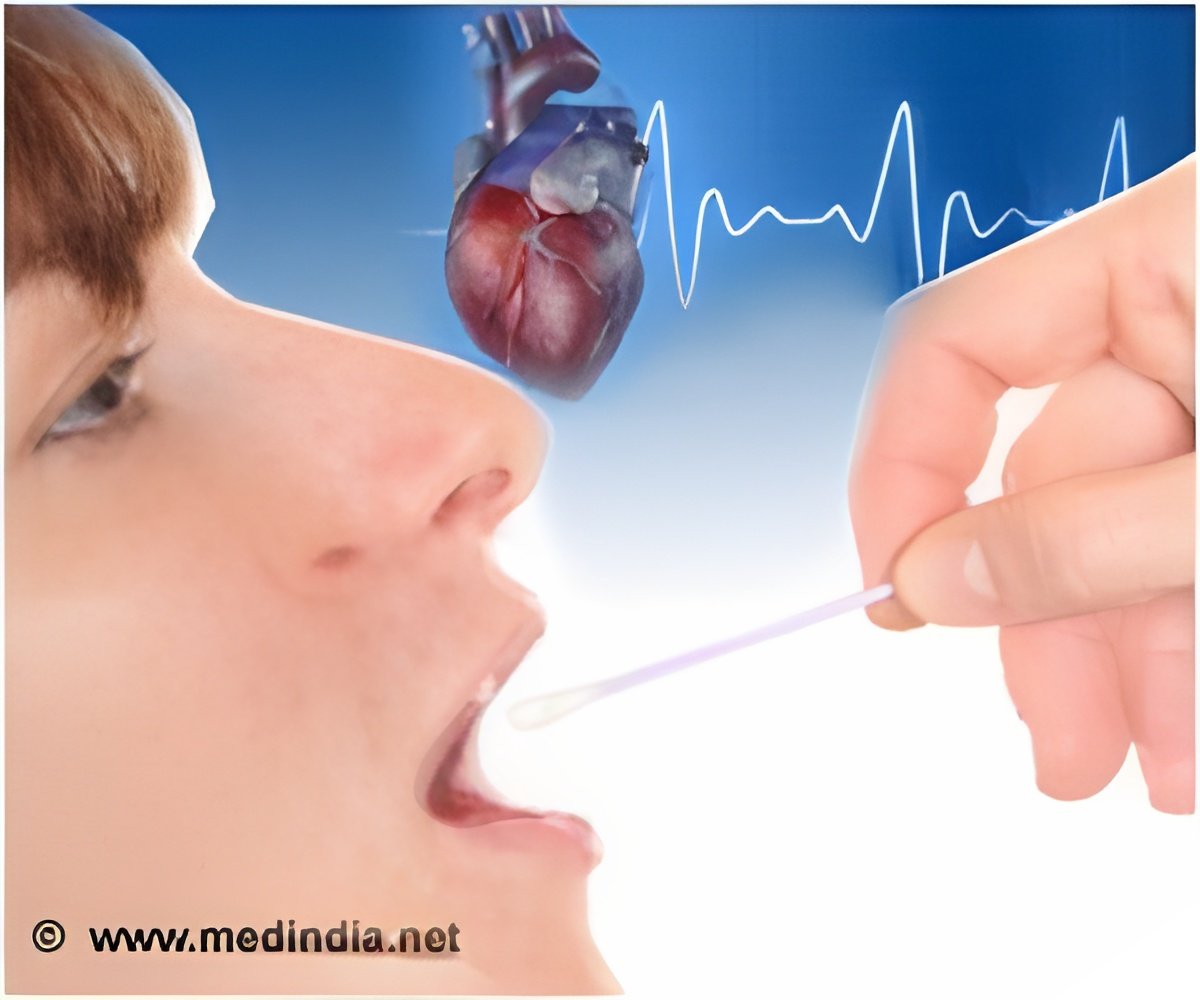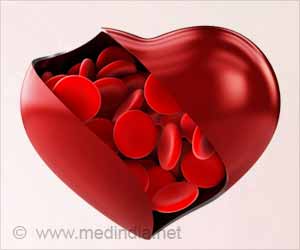Study analyzes the potential of saliva to act as an effective biomarker for cardiovascular disease risk factors, by establishing the relationship between salivary pH and adiponectin in women.

It is an established fact that adiponectin level is greatly reduced with increased body fat percentage. And higher fat percentage is correlated with increased risk of type2 diabetes mellitus and cardiovascular diseases.
A study tried to establish the association between adiponectin and salivary pH in women. The salivary pH in women is lesser than that compared to men and is affected by the menopausal status.
The study included 151 Caucasian women with 53 pre-menopausal women in one group and 98 menopausal women in the other. Salivary pH and plasma adiponectin levels were analyzed in both the groups.
The researchers found that the salivary pH varied in proportion to the plasma adiponectin levels in women in both the groups but showed a prominent linear relationship in menopausal women.
There were certain limitations to the findings.
• The study involved only women and was based on the menopausal status thus limiting the use of salivary pH as a biomarker in health assessment.
Reference: Salivary pH as a Marker of Plasma Adiponectin Concentrations in Women; Monique et al; Diabetology and Metabolic Syndrome 2012.
Source-Medindia















